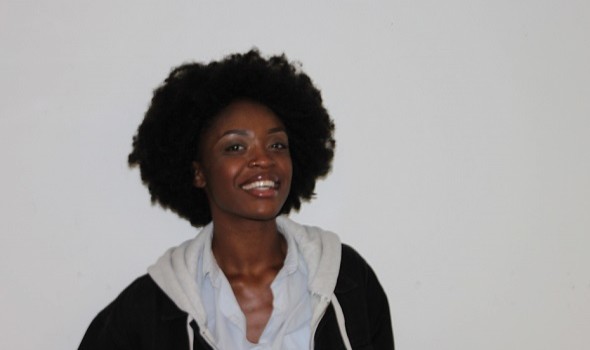W(right)ing the Narrative?
W(right)ing the Narrative?

I sit in the front row of the audience at a Refugee Week event titled “Sanctuary in the Media”, featuring Coco Khan and Darren Chetty, both contributing authors to the bestselling book, The Good Immigrant (2016). The short novel is composed of stories from 15 minority ethnic writers who explore what it means to hold this identity in contemporary Britain. Consequently, the dialogue of the night centers on the complex narrative of immigration as it ranges from a warm embrace to growing anxieties of a supposedly shrinking ‘Britishness’.
I find that the overarching question is extremely relevant: what does anti-racist media look like? This is significant when the realm of media serves as a main transit for information and has the power to set a tone that frames a topic like migration, and further, influences many attitudes. Any misrepresentations can perpetuate the notion that an identity such as ‘refugee’ is synonymous with outsider. In this case, ‘British’ would be its antithesis. The conversation on what qualifies as ‘British’ and whether ‘Britishness’ is under threat is for another day, but for now let’s note that:
- More non-European countries such as Uganda are looking after the world’s large population of displaced people. So, no, they are not all coming here.
- Out of the very low numbers of those who want to come to the U.K. even less actually ever make it.
- The U.K. received 41,280 asylum applications at year end September 2016 of which it made a positive decision on 8964. It also resettles 4162 in the same period.
Consequently, the risk of polarized media is the growing distance between them and us. While there are media outlets with good intention or publicized accounts of journeys to inform people of the “crisis” these fall into a dialogue that often seems rather othering. Further it evolves into a glorification of Western countries in their appeal as a sanctuary without adequate assessment of the reasons why migrants want to come to the U.K. such as family or language familiarity. This deepens a sharp line that paints migration as a problem for Europe rather than for those who have every right to seek safety in the face of danger.
So, what was my take away from this event?
Media as a platform is very powerful in shaping public as well as political attitudes and more refugee voices are needed for better representation.
In this age of heightened nationalism, counter-narratives, or alternative representations, have never been more important to expand the conversation, offer different perspectives, and propose new solutions. It is time that more refugee voices take up space in mainstream media not merely to give agency to those who identify as a migrant * , but also to reorient the discussion on migration. This discussion must move beyond headline news and features, which are important, but freeze the issue in tragedy, and further, humanize refugees not depict them as pity subjects or problems that must be taken care of through exclusion. I believe this is done when we utilize the cyber realm, music space, televised or online news, and even fictive worlds, all forms of communication, to lift up these narratives who have been lost in the coverage or lack thereof.
* For those who are out there and are interested, mediadiversified is a creative platform that seeks to publish work from minority ethnic groups around current topics. Submissions can range from opinion pieces to short stories. Check out the link for guidelines and more information.
[1] The term migrant has been used interchangeably with refugee as an umbrella term that includes this forced movement.


